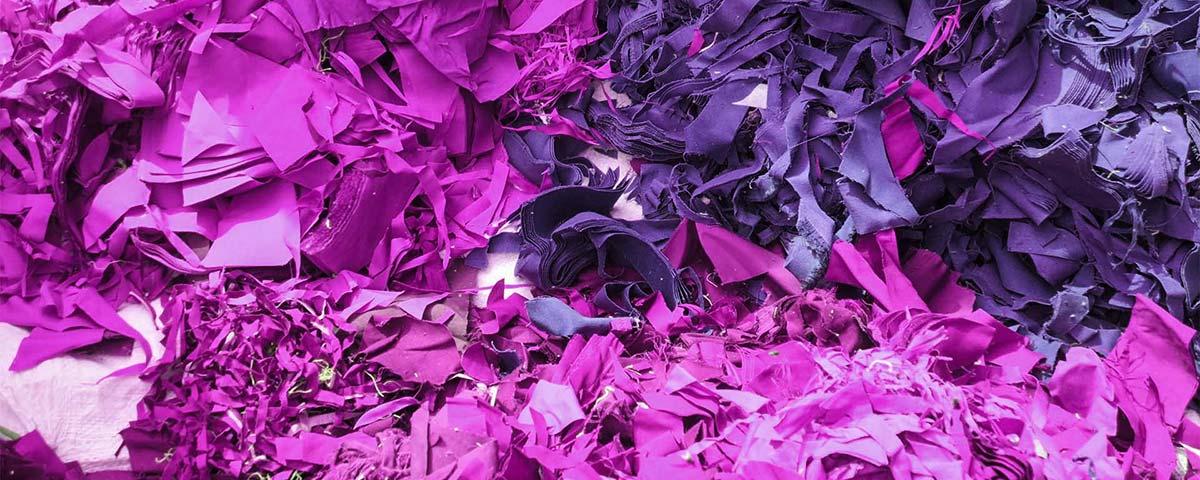
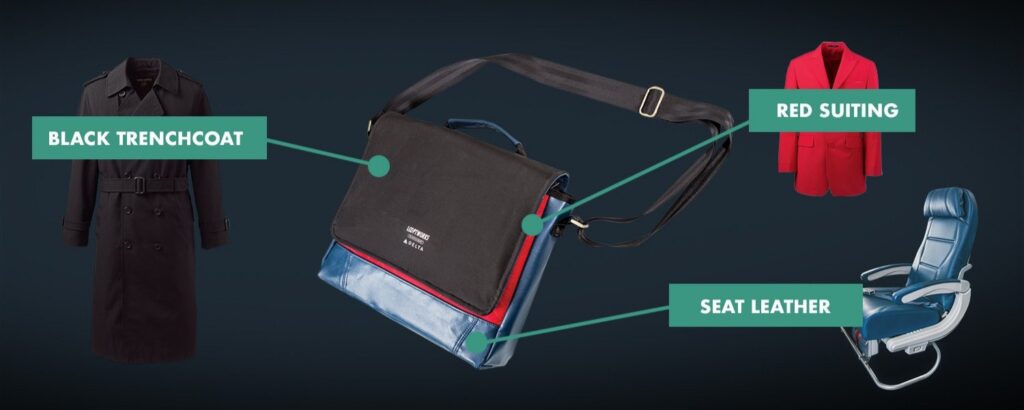
Ever wondered how we repurpose retired clothing and textiles into bags and travel accessories? For those unfamiliar with upcycling, it’s an evolved form of reuse that involves converting discarded objects or materials into something of equal or greater value.
We aim to create systems for upcycling materials at a larger scale to maximize our environmental impact. So when Delta Air Lines proposed a partnership to repurpose and find a new use for over a decade’s worth of clothing and retired uniforms, we were thrilled to take on the challenge.
The logistics of this massive undertaking is a story unto itself; for this post, we’ll focus on the process of reimagining retired materials as new products and travel accessories that could live on as mementos of Delta’s heritage.

After receiving and sorting a sampling of retired uniforms and other materials from Delta, we began with a brainstorm with the team to come up with ideas for a unique collection of products that would be useful for travelers. It’s followed by sketching out ideas and even more brainstorming.
After the sketch is solidified and the creative team has decided that they would like to move forward, the conversation moves on to the materials themselves.

The Delta Messenger Bag is a great example of how we utilized the materials provided to us in order to repurpose the retired uniforms and give these textiles a second life.

A Delta Air Lines Black Trench Coat was dismantled and reconfigured to become the face of the Messenger bag, taking advantage of its water-resistant DWR coating.

Red Delta suits and dresses make up inner surface materials, giving the bag a sharp, signature look.
To take full advantage of the discarded materials from Delta, the remainder of the Messenger Bag body is constructed from repurposed leather seat covers from actual Delta Air Lines seats.
This leather element adds a sturdy structural component to the bag while also assisting with its durability. This theme of repurposing remains present throughout the Delta Air Lines collection, as we intend to fully utilize the materials provided to us to efficiently minimize waste.
Thanks to this repurposing program, 350,000 lbs. of retired textiles have been diverted from landfills, where they would decompose and release harmful methane gas into the atmosphere. The Delta Upcycle Project is one of the largest single-company textile diversion programs in US history to date, and we are honored to collaborate with Delta Air Lines to bring the fruits of our labor to you.
We’d love to hear from you!
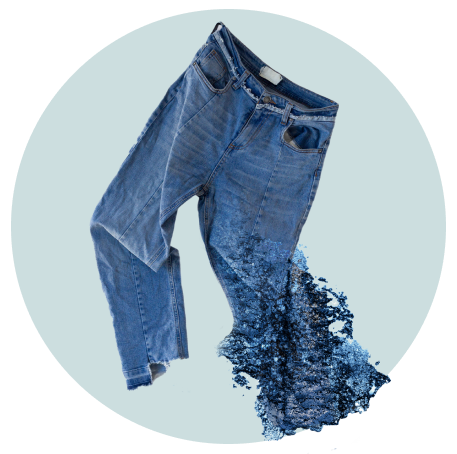
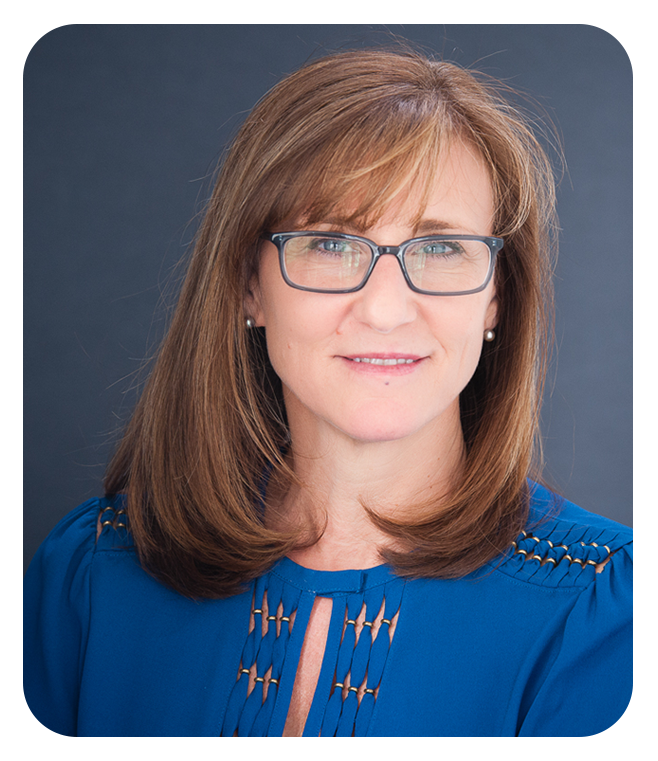
Denine has over 20 years of experience driving new business opportunities for leading companies, including E.I. DuPont de Nemours & Company, Inc., The Dow Chemical Company, Outlast Technologies, and DST Systems. She holds a BS from the University of Pittsburgh and a Certification in Executive Management from the Kenan-Flagler School of Business at the University of North Carolina at Chapel Hill.

Tami is a senior accounting leader with over 16 years of experience in the manufacturing and textile industry. Her specialties include process development and implementation, mergers and acquisitions, job and project costing and analysis, and managing complex teams and technical projects. Tami has served as Chief Financial Officer and Controller for a variety of innovative companies, where her analytical skills and strategic mindset helped organizations create efficiencies in their financial systems.
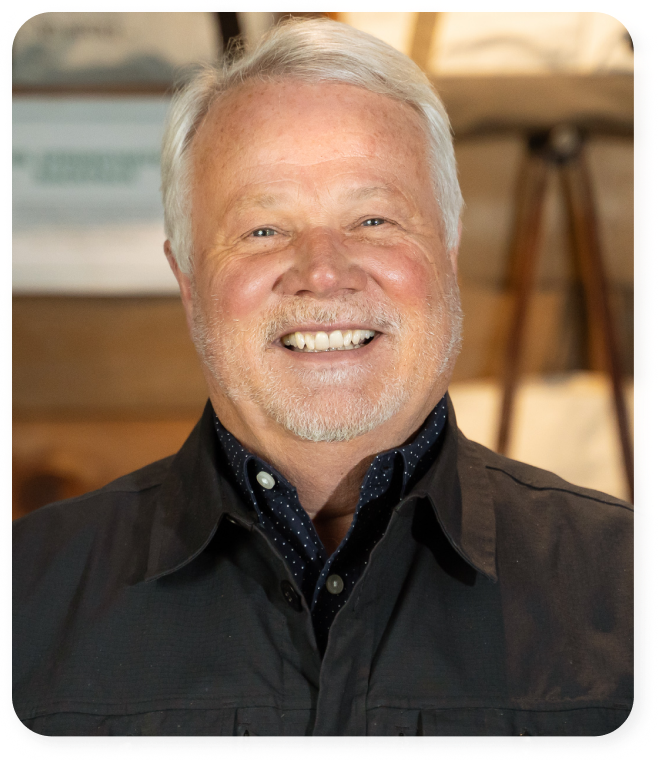
Kelley is a passionate and strategically minded business development leader with more than two decades of experience in the sporting goods apparel industry. He has experience in product construction, league partnerships, retail relationships, supply chain management, sustainability, circularity, and carbon footprint management. Kelley builds successful partnerships by putting the customer first while simultaneously advancing his organization’s business objectives.
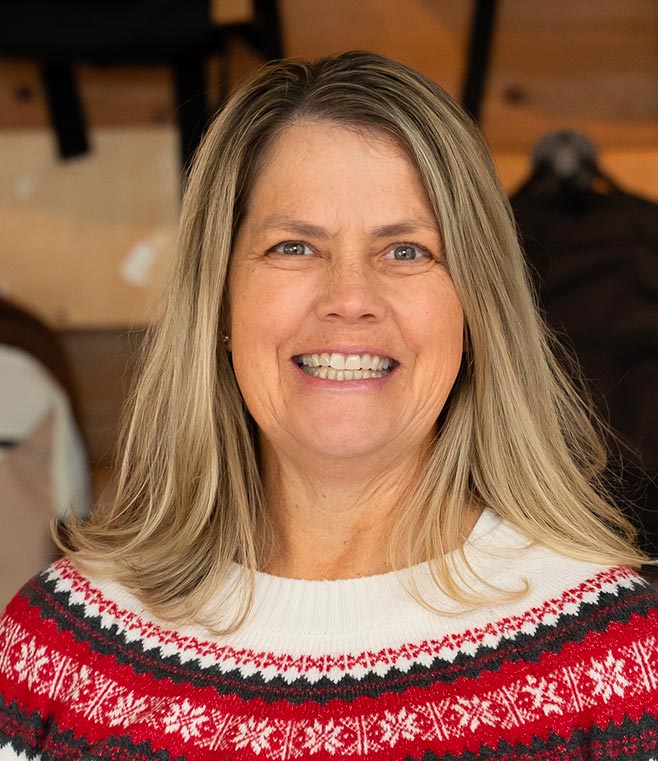
Suzy is a product leader and operations expert with more than 25 years of experience in the textile industry. She is passionate about finding creative solutions to complex problems and motivating people to action through vision, strategy, collaboration, and communication. Suzy has proven expertise in product development, sustainability, marketing, supply chains, and innovating processes and best practices to drive results.
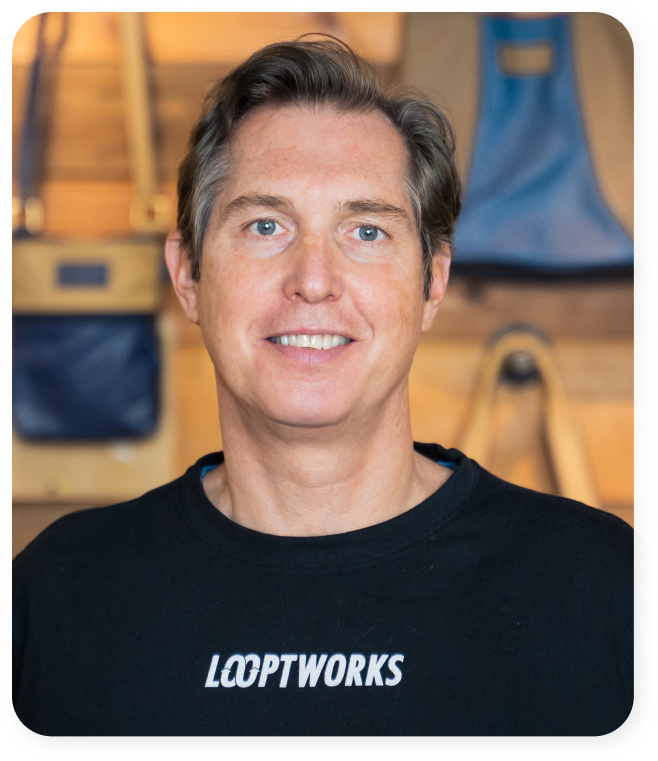
Scott is a visionary leader with more than 32 years of experience in strategic branding, innovative product creation, supply chain sustainability, and sales and marketing for global organizations. He founded Looptworks in 2009 as an industry solution for turning excess materials into upcycled consumer products. In 2022, Scott transitioned the company to a B2B business model focused on eliminating global textile waste through closed-loop solutions.

Scott is a visionary leader with more than 32 years of experience in strategic branding, innovative product creation, supply chain sustainability, and sales and marketing for global organizations. He founded Looptworks in 2009 as an industry solution for turning excess materials into upcycled consumer products. In 2022, Scott transitioned the company to a B2B business model focused on eliminating global textile waste through closed-loop solutions.